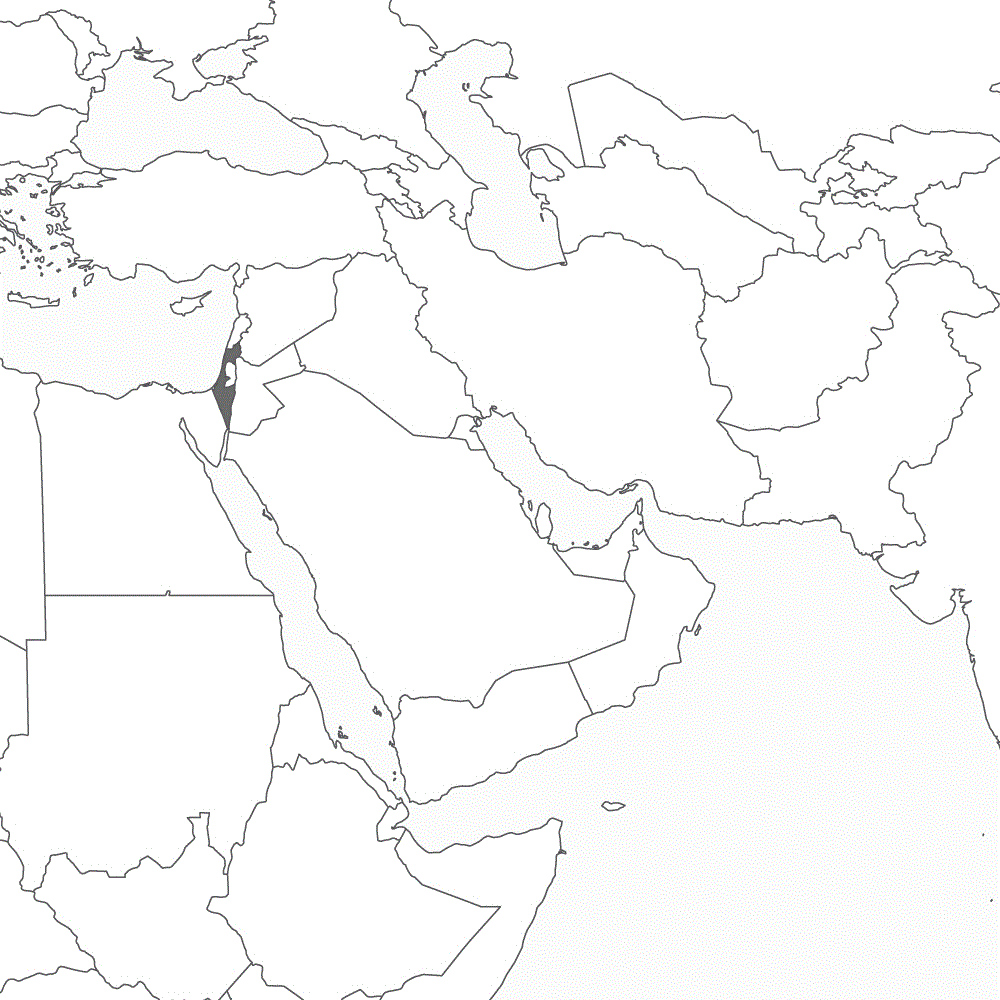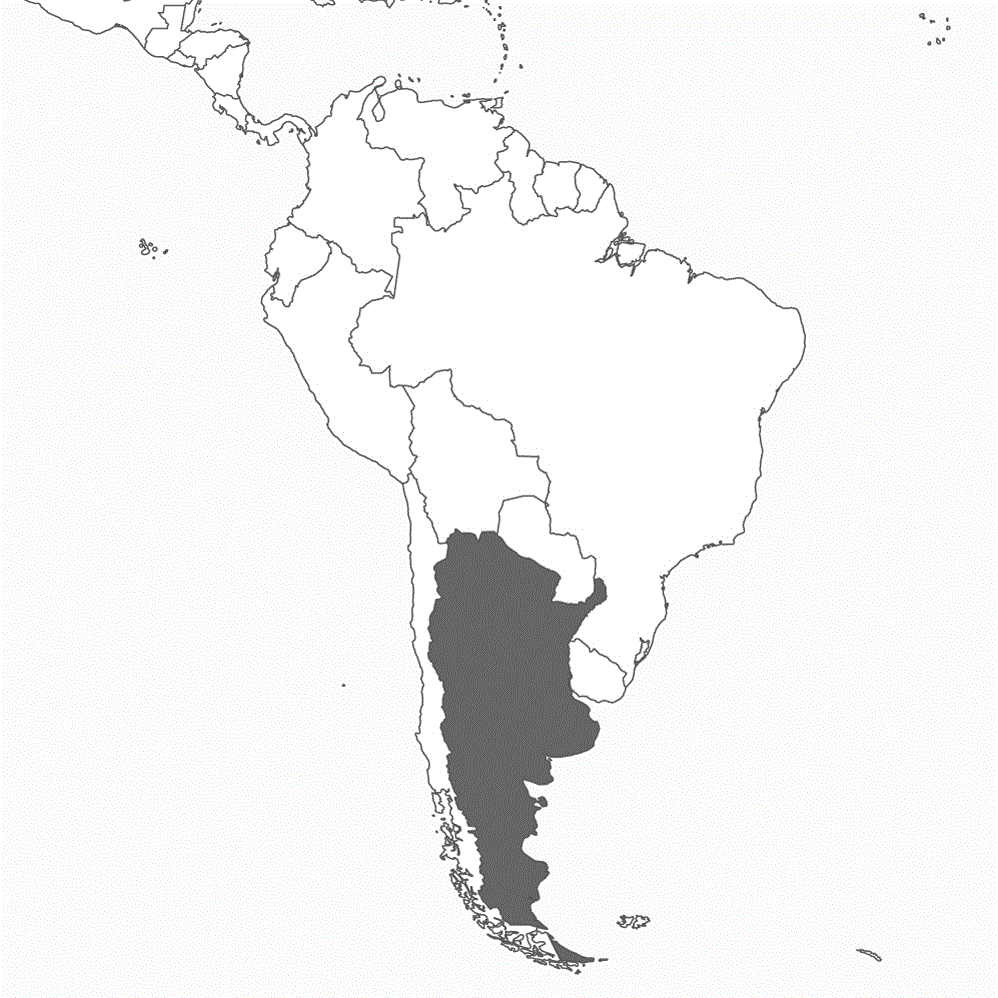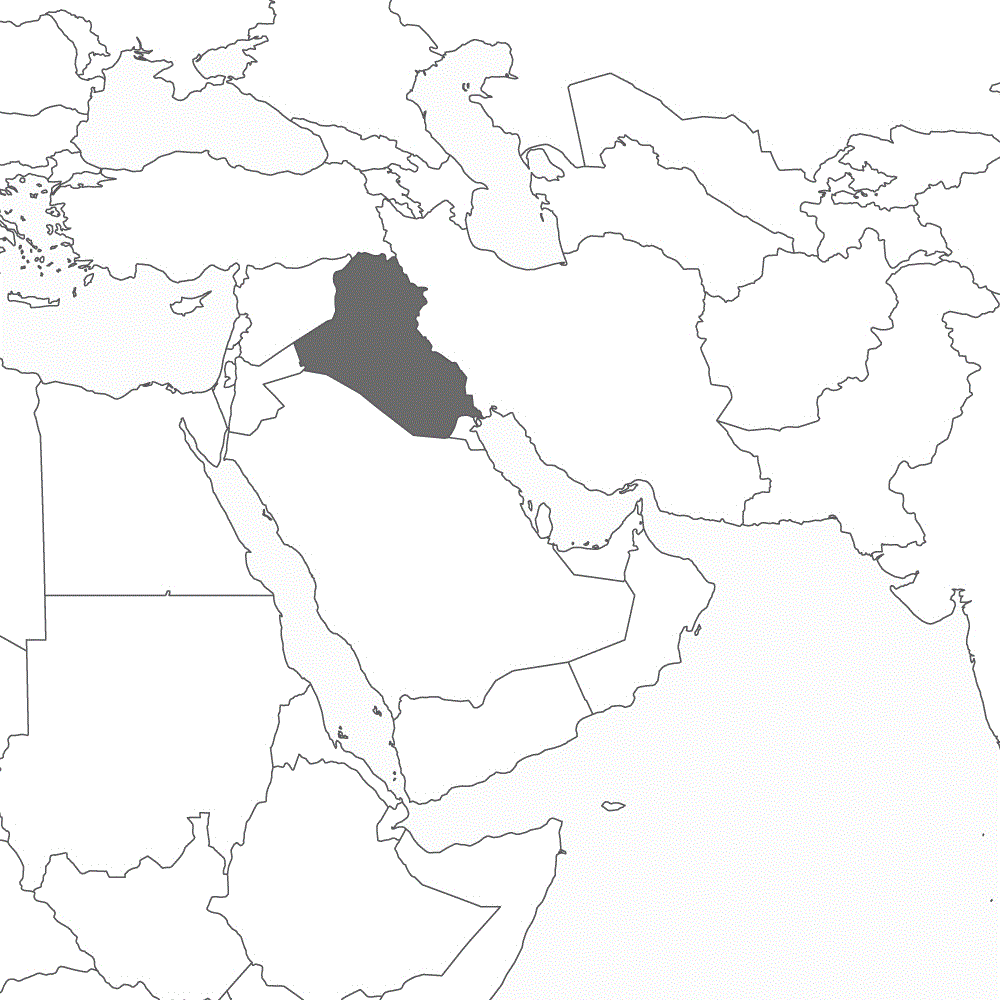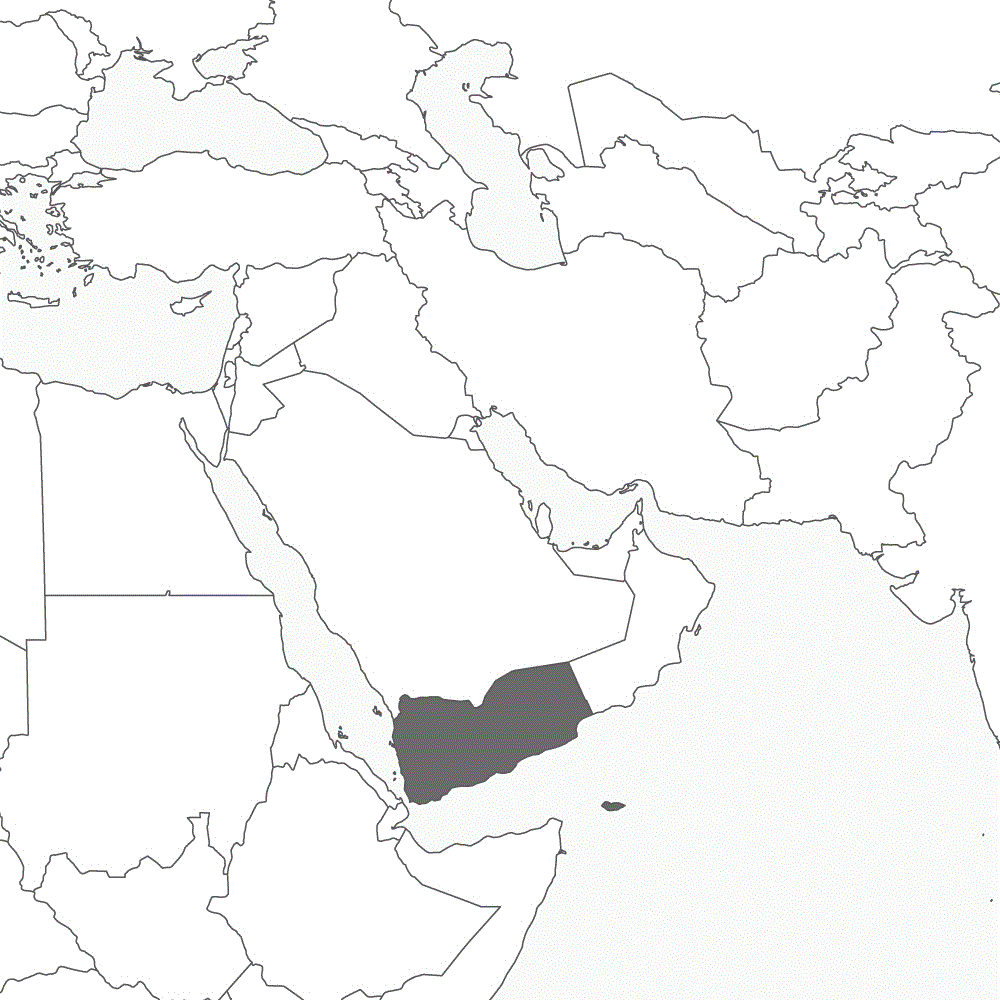The EU lifebelt
The EU resorts to desperate measures to meet Kiev’s massive deficit: tapping into frozen Russian funds and threatening economic war against a recalcitrant Hungary.
KIEV/BERLIN/BRUSSELS (own report) – In its efforts to procure more funding for Ukraine, the European Union is adopting unusually aggressive methods. The big powers in the EU have chosen a path of escalation and growing tension within the Union. In order to force Hungary to agree to the 50 billion euro aid package for Kiev at tomorrow’s special EU summit, Brussels has threatened Budapest with a severe economic attack. By making an official declaration to the effect that all EU funding for Hungary might be cut, the European Council intends to trigger a shock on the financial markets. This could cause the Hungarian currency to crash and do severe damage to Hungary’s economy and people. Brussels also plans to tap future profits from Russian assets frozen in the EU. Expropriated profits would then be used to support Kiev in its war. Critics warn that this would set a dangerous precedent, signalling to future foreign investors that money and assets in the EU are not safe. Moreover, other countries, including Russia, could then retaliate and recoup their losses by seizing EU assets on their territory. The Brussels initiatives come in the context of Ukraine’s budget deficit reaching 36 billion US dollars last year, while the United States is increasingly unwilling to underwrite the mounting costs. The government in Kiev is left with the EU as its “lifebelt”. Read more
Setback for the transatlanticists
EU Commission unable to push through the controls on European corporate investment in China demanded by the US. Strong objections voiced by German industry.
BEIJING/BRUSSELS/BERLIN (own report) - European Commission President Ursula von der Leyen and German Economics Minister Robert Habeck have failed in their attempt to introduce the investment controls into EU legislation demanded by the United States. Both politicians campaigned last year for regulations to screen, control and, if necessary, ban investments by EU companies in specified third countries, above all China. Washington adopted such rules last year and urged its allies to do the same. The European Commission has now come up with watered-down proposals. In its 2023 EU “Strategy for Economic Security”, presented on 24 January 2024, Brussel’s calls for “data” on investments in China and elsewhere to be collected, but is no longer seeking to impose actual controls. The transatlantic plan has failed due to resistance from the European business community, not least German companies. They see this move as a direct threat to their strategically crucial trade with, and operations in, China. As for foreign inward investment into the EU, the existing controls will however be tightened. In addition, there will be stricter regulations governing research cooperation between EU-based universities and partner organisations, especially Chinese institutions. Read more
Fear drives a war mentality
Military leaders and politicians from NATO countries warn of Ukraine war expanding into NATO territory. Berlin hopes this threat discourse will build popular support for militarisation.
BERLIN (own report) - In the run-up to NATO’s large-scale manoeuvre “Steadfast Defender” media coverage has been increasingly warning the Western public of a Russian attack within the next twenty or even five years. Germany’s Defence Minister, Boris Pistorius, has declared that he envisages a widening of the war in Ukraine, even if he does not expect an attack by Russia at present. A leading NATO admiral does not rule out an uncontrolled escalation. 90,000 soldiers are currently deployed for Steadfast Defender exercises as close as possible to Russia’s western border. This is the latest step in almost a decade-long arms build-up in preparation for a great power war on European soil. The threat from the east is being evoked by Pistorius and NATO to scare the population into joining in war preparations as the “home front”. The public needs to realise, explains Admiral Rob Bauer, Chair of the NATO Military Committee, that in a war it is not just the army that has to fight, but society as a whole. A change in mentality across the population is also being urged by German foreign relations experts who see this as a prerequisite for successful militarisation of the Federal Republic. Read more
Weapons for Israel (II)
Berlin is set to authorise the supply of 10,000 rounds of ammunition to Israel. German support for Israel in the genocide case before the ICJ is sharply criticised in the Global South.
BERLIN/TEL AVIV (own report) - The German government is about to authorise new arms exports to Israel. Reports indicate that it has already decided to green-light the export of 10,000 rounds of 120-millimetre precision guided ammunition to the Israeli military. The only aspect still under discussion is the price. These shells are apparently being fired in very large numbers in the Gaza Strip. In December, the US administration had already approved the supply of almost 14,000 rounds of the same calibre, in a procedure that bypassed Congress. Last year Berlin approved a delivery of 3,000 portable anti-tank weapons and 500,000 ammunition rounds for semi-automatic and fully automatic firearms. German munition is flowing into war zone at the same time as Israel is having to defend itself before the International Court of Justice against the charge of genocide in Gaza. Berlin now wants to intervene in the main court proceedings as a third party and present arguments in support of Israel. If the International Court of Justice finds in favour of the South African plaintiffs, Germany would be doing nothing less than aiding and abetting genocide by supplying lethal arms. Read more
“Close and trust-based relations” (I)
The German government wants to cooperate “closely and in a spirit of trust” with Argentina under its ultra-right-wing president Javier Milei. He seeks to govern without parliamentary approval and impose a shock therapy of radical deregulation.
BUENOS AIRES/BERLIN (own report) – As the German government continues its push to have the Mercosur Free Trade Agreement ratified, it is making overtures to Argentina even under its new far-right president, Javier Milei. The desire for “close and trust-based cooperation” was underscored by a government spokesperson in Berlin. Milei, who is about to radically overhaul his country’s foreign policy, has already put Argentina’s planned accession to the BRICS alliance on hold. He is distancing himself from China and seeking stronger alignment to the United States. This will also present opportunities for closer cooperation with Germany and the EU. Domestically, Milei has introduced a radical programme of economic deregulation, which entails a far-reaching sell-off of state-owned property and the imposition by decree of severe restrictions on the right to strike and demonstrate. He wants the National Congress of Argentina to grant him the power to govern for two years by decree, circumventing the need for parliamentary approval. For critics, his authoritarianism brings back memories of the dark years of military dictatorship. While Berlin is keen to cooperate more closely, Argentina is witnessing the first mass protests. Read more
The German hunger genocide
Survivors of the Nazi hunger siege of Leningrad during World War Two press for compensation. Eighty years on, Berlin still rejects claims.
BERLIN/MOSCOW (own report) – On the eve of the 80th anniversary of the breaking of the German siege of Leningrad in the Second World War, on 27 January 1944, survivors are once again calling for at least a small amount of compensation. Over a period of almost 900 days, between 1941 and 1944, the German Wehrmacht had cut off food supplies to the three million inhabitants of the Soviet metropolis. The Nazi leadership aimed to murder the city’s entire population by enforced starvation. Writing on the 60th anniversary of the breaking of the blockade, historian Jörg Ganzenmüller had already identified a “genocide by doing nothing”. As many as 1.1 million people perished. Compensation has so far only been paid to Jewish victims. In 2008, Berlin awarded them a one-off payment of exactly 2,556 euros. Non-Jewish survivors are now also demanding this small sum. In fact, the plan to kill Leningrad’s population was also explicitly aimed at the non-Jewish inhabitants, whom the Nazis racially denigrated as Slavic “Untermenschen” – sub-humans. Today, Germany’s federal government still explicitly categorises the German-inflicted genocide by starvation as a “general act of war” for which no compensation is due. Read more
The sovereignty of Iraq
Baghdad demands withdrawal of US-led military coalition from Iraq following US drone killing of Iraqi militia commander. Bundeswehr units also affected.
BAGHDAD/BERLIN/WASHINGTON (own report) - The German Armed Forces are facing a possible forced withdrawal from Iraq. This situation follows last Thursday’s US drone assassination of the commander of an Iraqi Shiite militia. Responding to the attack, Iraqi Prime Minister Mohammed Shia al Sudani declared that he is determined to end the presence of the US-led military coalition in Iraq, which includes a Bundeswehr contingent. Unauthorised US operations on Iraqi territory such as the recent murder would, he said, no longer be tolerated. The foreign military presence has been under attack for years, especially from organisations of the Shiite majority, which include forces aligned to Iran. Western governments, on the other hand, insist on keeping units in Iraq, saying their troop deployments are legitimised by the ongoing fight against IS. A military presence is also seen as useful in the ongoing tussle over Tehran’s influence. The build-up of tensions is also occurring in the wake of Israel’s war in the Gaza Strip. Any withdrawal would result in a significant loss of influence, also for Germany, in the Middle East. Read more
Guardians of prosperity
German government backs ultimatum on Houthi militias attacking merchant ships but seeks means to initiate Red Sea warship deployment.
BERLIN/SANAA (own report) - The German government is backing an ultimatum that threatens military action against Houthi militias in Yemen. This comes in response to attacks on merchant ships in the Red Sea. Led by the US, twelve countries, including Germany, announced on Wednesday that they would hold “malign actors accountable” for attacks on “the free flow of commerce in the region’s critical waterways” if they did not cease their activities “immediately”. The UK, which also supports the threat, is already preparing air strikes on positions of Ansar Allah, as the Houthi militias are officially known. London is also considering attacks on Houthi boats. Berlin wants to dispatch ships to the Red Sea as part of the US-led naval coalition, called Operation Prosperity Guardian, but has not yet clarified either the formal framework in which this may take place or the choice of warship available for the purpose. The earlier plan to extend the mandate of the EU’s Atalanta operation at the Horn of Africa to the Red Sea has recently fallen through. Meanwhile, Ansar Allah has committed to continuing attacks on merchant shipping until Israel stops its brutal war on Gaza. Read more
GERMAN-FOREIGN-POLICY.com
Information on German Foreign Policy: News + Interviews + Analyses + Background






